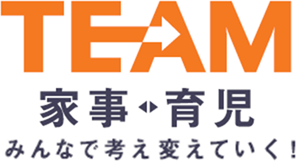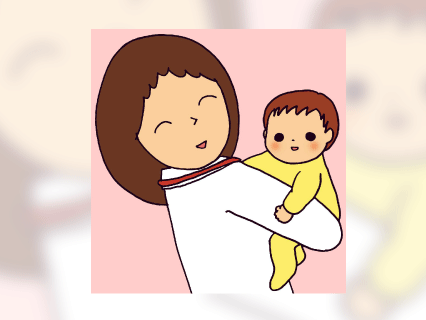When working with grandparents to raise children, you may be confused by the differences in their methods. This is due to the fact that what was considered common sense when grandparents were raising their children has changed in response to new research findings. So what has changed? We spoke with Yasumi Morito, a pediatrician and author of “Grandparents’ Handbook,” about a typical example.
Gaps are inevitable.
There is still much we do not know about pediatric medicine and other aspects of child rearing. Various studies are ongoing, and every time new research results are published, the conventional wisdom changes. There is a possibility that the current common sense of child-rearing will also change. What is written in the Maternal and Child Health Handbook may change, and if you are raising siblings who are older than you, the common sense may change with the older child and with the younger child.
It is inevitable that there will be a gap in parenting common sense between grandparents and parents.
Fruit juice is only available after weaning has begun.
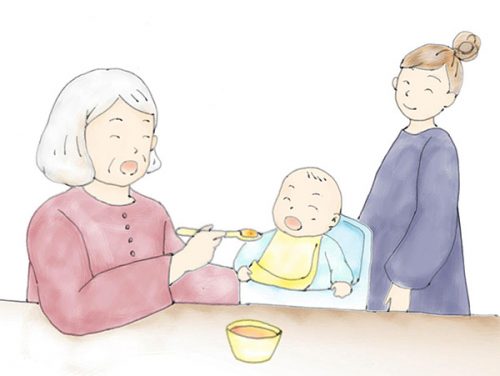
For example, common sense about food is changing.
In the past, it was instructed that children should be given fruit juice from around 3 months of age, and the mother-child handbook also included a section for 3 to 4 months of age that asked if the child was given diluted fruit juice or soup. Many of our grandparents’ generation probably followed this instruction and gave fruit juice to their children.
However, in 2007, the Ministry of Health, Labor and Welfare announced that “the best source of nutrition for pre-weaned babies is breast milk or powdered milk, and fruit juice is not necessary. Drinking fruit juice reduces the amount of breast milk or powdered milk consumed and leads to nutritional deficiencies. Therefore, it is now considered unnecessary to give fruit juice, as well as white water, vegetable soup, ionized beverages, etc., before weaning begins.
As for how to feed them, when they were grandparents, parents would give them food that they had chewed, but this is now considered a bad idea because it has been found that tooth decay can be transmitted through saliva. Through saliva, not only tooth decay, but also bacteria such as H. pylori and viruses such as colds and oral herpes can be transmitted. Kissing on the mouth and sharing dishes such as spoons and cups should also be discouraged.
Sunbathing in moderation
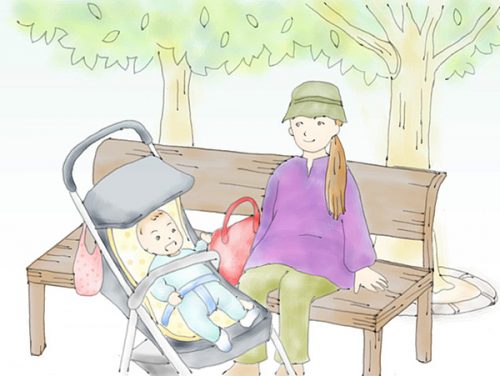
In the past, it was said that “tanned skin is a sign of health,” so when grandparents were raising their children, they would actively let their babies sunbathe. However, now that we know that overexposure to ultraviolet rays is harmful to the skin, and even adults are taking UV protection measures on a daily basis, the prevailing view is that babies should not be allowed to sunbathe much.
On the other hand, an increasing number of children are suffering from rickets and other diseases caused by a lack of vitamin D, which is produced by exposure to ultraviolet rays. While it is necessary to supplement vitamin D in the diet, it is also important to expose children to a certain amount of ultraviolet light.
Therefore, it is advisable to sunbathe in the early morning when UV rays are weak, or to bask in the open air in the shade, rather than in direct sunlight when UV rays are too strong. The amount of ultraviolet rays is surprisingly high, as much as 80% of that on sunny days, even on cloudy days, so be careful not to be overexposed to the sun.
Cool down when the fever comes on.
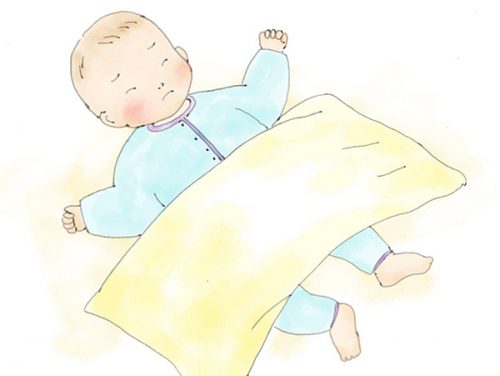
There has also been a change in how to handle a fever. It used to be that when a fever broke, it was better to make the patient wear heavy clothes and sweat, but this way the fever would rise more than necessary and should be stopped.
It is advisable to wear light clothing to stay as cool as possible and to use one less quilt than usual. Be especially careful with children, as they are unable to adjust themselves to the heat.
Some people worry that they don’t sweat when they have a fever, but when the disease is cured and the fever no longer needs to be high, the body sweats to lower the fever. Sweating does not make you heal, but healing makes you sweat. It is important to understand this point.
Also, since fever is the body’s way of boosting immunity and suppressing the proliferation of bacteria and viruses, there is no need to forcibly lower the temperature with fever reducers or other drugs. However, if the baby has a high fever and seems to be in too much pain, you may lower the temperature to relieve it. In such cases, antipyretics may be used, and if ice packs are used, it is effective to cool the armpits, neck area, and base of the legs, where large blood vessels run, instead of cooling the head.
In any case, if you have worrisome symptoms, you should see a doctor or other health care provider.
It is still important to play well, eat well, and sleep well.
Although the conventional wisdom about children’s bodies has changed in many ways, the importance of exercise, diet, and sleep for children to stay healthy has not changed. When children play a lot, their appetites increase, so they eat well, and they sleep well because they use their energy well. It has been said that “children’s work is their play,” and this still holds true today.
And it remains true that adults around them should not take their eyes off the children to protect them from illness or injury. Please make sure that parents, grandparents, and grandparents watch over the children and let them play a lot.

